SkinLite Cream is a topical medication that is sometimes prescribed for conditions like melasma. It is important to note that the formulation of SkinLite Cream can vary, and it often contains a combination of active ingredients. Common components found in similar creams include Hydroquinone, Tretinoin, and Mometasone Furoate. These ingredients work together to address hyperpigmentation and inflammation in the skin.
Here’s a brief overview of the potential benefits of each active ingredient:
- Hydroquinone: Known for its skin-lightening properties, hydroquinone inhibits the production of melanin, which is responsible for pigmentation. It can help reduce dark spots, hyperpigmentation, and melasma.
- Tretinoin (Retin-A): Derived from vitamin A, tretinoin promotes skin cell turnover and exfoliation. It helps to improve skin texture, reduce hyperpigmentation, and enhance the penetration of other active ingredients.
- Mometasone Furoate: This is a corticosteroid that has anti-inflammatory properties. It helps to reduce redness, swelling, and inflammation associated with various skin conditions, including melasma.
It’s important to use SkinLite Cream under the guidance of a dermatologist or healthcare professional. Melasma is a complex skin condition, and treatment should be tailored to the individual’s specific needs. Here are some considerations:
- Consultation with a Dermatologist: Before using any melasma treatment, it’s crucial to consult with a dermatologist. They can assess your skin condition, determine the cause of melasma, and recommend an appropriate treatment plan.
- Sun Protection: Melasma is often triggered or worsened by sun exposure. Using a broad-spectrum sunscreen with high SPF is crucial in managing melasma. Sun protection helps prevent further pigmentation and protects the skin from UV damage.
- Follow Professional Advice: If prescribed SkinLite Cream, it’s essential to follow your dermatologist’s instructions regarding application frequency, duration, and any potential side effects.
- Monitoring and Adjustments: Regular follow-up appointments with your dermatologist are important to monitor progress and make any necessary adjustments to your skincare routine.
Always prioritize skin health, and be cautious about using any prescription-strength medications without professional guidance. If you have concerns about melasma or other skin conditions, consult with a healthcare professional for personalized advice and treatment options.

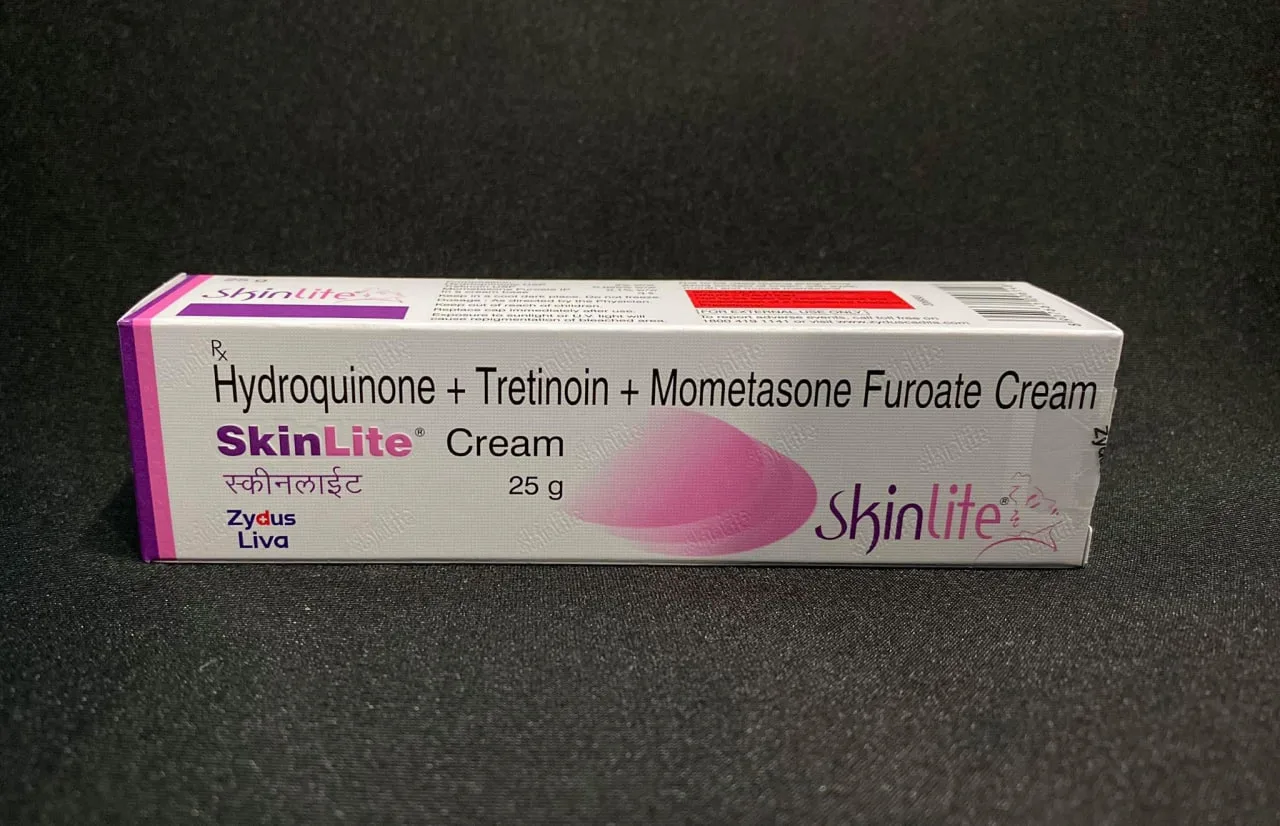
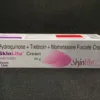
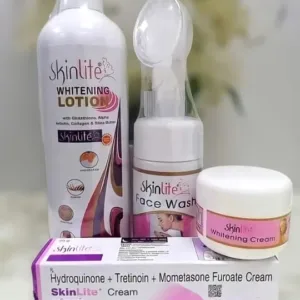
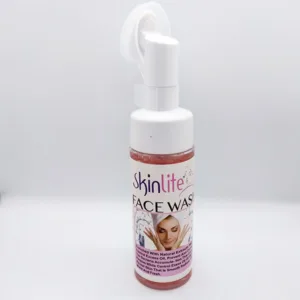
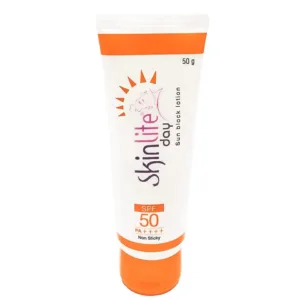

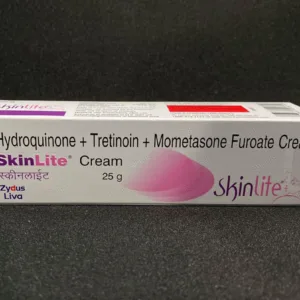
Reviews
There are no reviews yet.